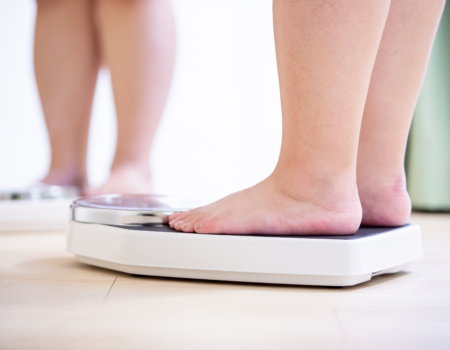SLEEP: Are you getting enough ZZZZZs?
The underrated component of our ability to achieve a healthy mind and body.
My routine is rigorous – it’s hard to balance mom duties, a full-time job, and keeping up with my fitness routine. I build fitness into my morning because I know how great it makes me feel both mentally and physically. But today was unusual. I shouldn’t have listened to that voice in my dream, because my body was telling me something completely different: to continue resting.
A few hours later, my workout was complete, and I was driving to work. I opened my Oura Ring app (which measures sleep quality) to look at my sleep score. I noticed my heart rate variability (HRV) score was atypically low, indicating that my mind, body (or both) were under stress.
I was surprised, because I didn’t feel stressed, but my sleep data told a different story. I racked my brain for clues. Was I subconsciously stressed about the virus? Perhaps I was stressed because my 5-year-old can’t go to school or have playdates with her friends. Or maybe I was stressed because I have to wear a mask and gloves everywhere I go, and that only reminds me of how much risk still exists out in the world.
Maybe I was worried about being infected with the virus…or maybe it’s simply the perpetual fear we all have, the fear of the unknown.
Here’s the thing: stress and a lack of sleep can take an immense toll on our bodies – and sometimes we aren’t even aware. When we deprive our bodies of sleep, everything — from our mental acuity to the foods that we crave — changes. When I am sleep-deprived, I no longer crave healthy foods like the eggs and veggies that I typically pack for lunch. I’m hankering for a bagel and cream cheese, maybe even a donut. I also become more reliant on coffee to wake me up. It then becomes a vicious cycle – overconsuming caffeine can lead to lower quality sleep.
Inadequate sleep and stress cause the body to produce a hormone called cortisol – it’s often just referred to as the stress hormone. High levels of cortisol cause the body to store fat at the visceral level, and that fat is linked to many chronic diseases — including heart disease and diabetes.
As a health coach, I talk with my clients about several factors and behaviors that contribute to a healthy lifestyle. Managing stress, getting adequate sleep in accordance with what your body needs, nourishing yourself with proper nutrition, and movement are all important. When any one of these is out of balance, we run the risk of being unhealthy – and when we’re short on time, our sleep tends to suffer as we deprioritize it.
I always encourage my clients to slow down and listen to their bodies. As for me, I’ll plan on starting to practice what I preach.
Here are some things you can do to ensure that you are getting a good night’s sleep:
- Keep the same bedtime and wake-up time on most (better yet: ALL) days of the week.
- No electronics in the bedroom.
- Take a warm shower or bath before bed.
- If using electronics prior to bed, wear blue light filtering glasses.
- Consider taking a Melatonin or a Magnesium supplement.
- Reduce intense physical activity 3 hours before bed.
- No caffeine after 12pm.
- Increase physical activity / exercise – especially in the first half of the day.
- Read an actual book prior to bed.
- Cut out the booze, especially within 3 hours of bed.
- Eat fewer processed foods and reduce sugar consumption.
- Keep the bedroom temperature cool (68 degrees in optimal) and dark.



